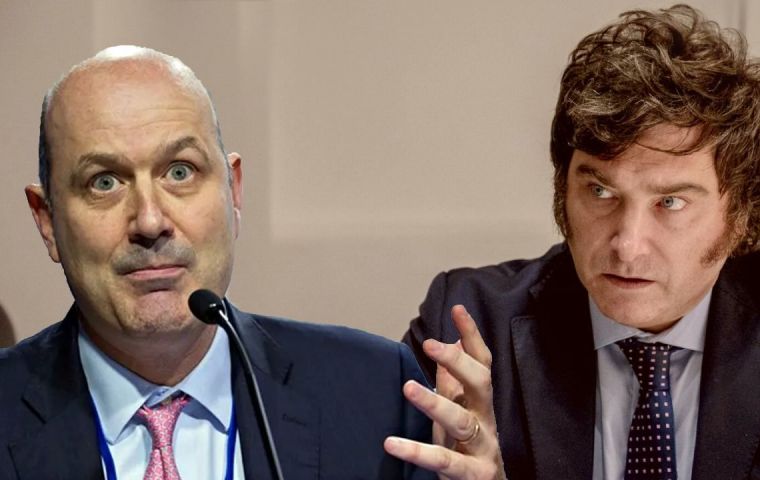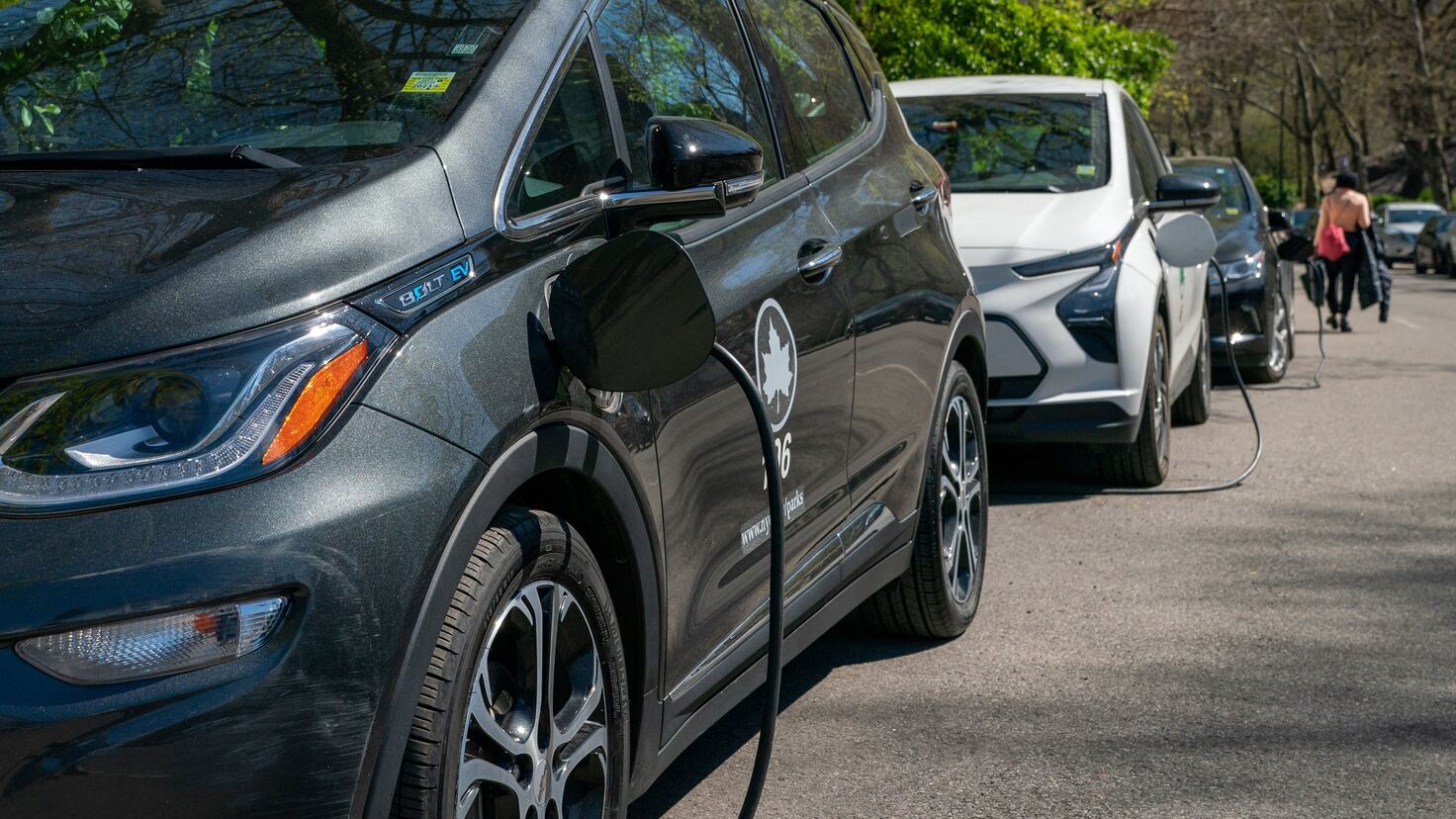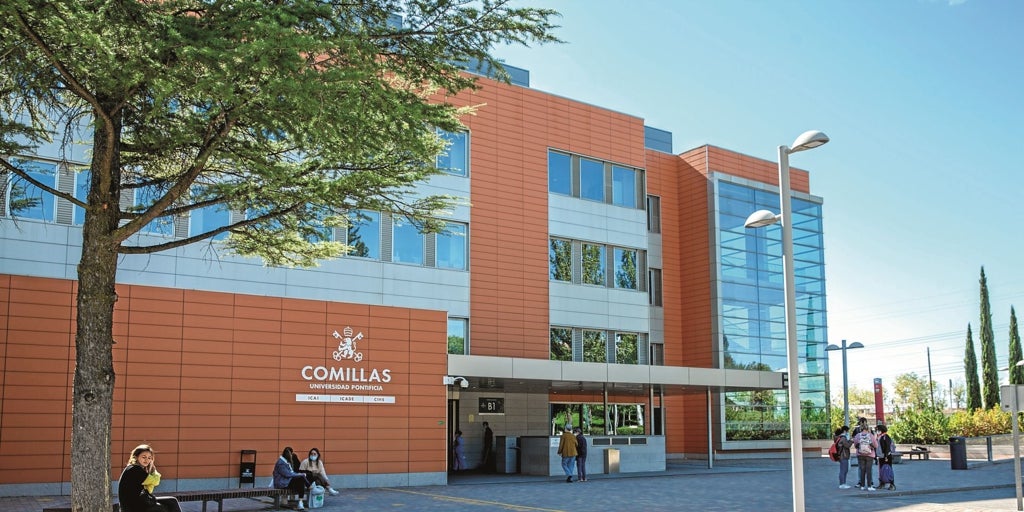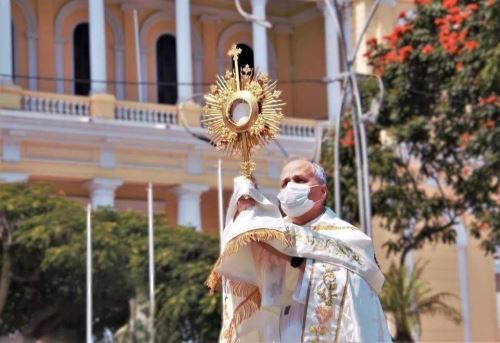Argentina Faces Wave of Economic Reforms: Milei's Decrees to Reshape Spending

Buenos Aires is preparing for a significant shift in economic policy as President Javier Milei returns from a crucial international tour. Following a ten-day visit encompassing key European cities and Israel, Milei is expected to implement a series of sweeping decrees aimed at drastically reducing state spending. These measures, often referred to as 'chainsaw decrees' due to their decisive and impactful nature, are being expedited as the presidential powers enabling them are set to expire on July 8th.
Understanding the Context: Milei's Economic Vision
President Milei, known for his libertarian and market-oriented views, campaigned on a platform of radical economic reform. He argues that Argentina’s persistent economic challenges – including high inflation, a large national debt, and currency instability – are rooted in excessive government spending and intervention. His 'chainsaw decrees' are a core component of his strategy to address these issues head-on.
The Tour and its Implications
Milei’s recent tour of Europe and Israel was designed to secure international support and investment for his reform agenda. Meetings with leaders in key European capitals and discussions with Israeli counterparts likely focused on attracting foreign direct investment, negotiating trade agreements, and garnering political backing for his proposed economic changes. The tour's success will significantly influence the scope and implementation of the upcoming decrees.
What to Expect in the Decrees?
While the specifics remain under wraps, analysts anticipate the decrees will target a broad range of areas, including:
- Public Sector Cuts: Significant reductions in government ministries, agencies, and programs are highly probable. Expect layoffs, budget freezes, and a streamlining of bureaucratic processes.
- Privatization: The sale of state-owned enterprises, particularly in sectors like energy and transportation, is a likely component. This aims to generate revenue and improve efficiency.
- Deregulation: Easing of regulations across various industries to stimulate competition and attract investment.
- Fiscal Austerity: Measures to control government borrowing and reduce the national debt, potentially including tax reforms.
The July 8th Deadline and its Urgency
The impending expiration of the delegated powers on July 8th creates a sense of urgency. Milei’s administration is working against the clock to push through as many reforms as possible before needing to seek congressional approval for further measures. This deadline underscores the significance of the coming weeks for Argentina’s economic future.
Potential Challenges and Reactions
These sweeping reforms are not without potential challenges. Labor unions and other interest groups are likely to resist measures that impact jobs and social programs. Political opposition could also attempt to block or modify the decrees. Public opinion remains divided, with some supporting Milei’s bold approach while others express concerns about the potential social and economic consequences.
Looking Ahead: Argentina's Economic Crossroads
Argentina stands at a critical juncture. President Milei’s 'chainsaw decrees' represent a gamble – a high-stakes attempt to fundamentally reshape the country’s economy. The coming weeks will be crucial in determining whether these reforms can deliver the promised economic turnaround or if they will exacerbate existing challenges. The world will be watching closely as Argentina navigates this period of profound change.






